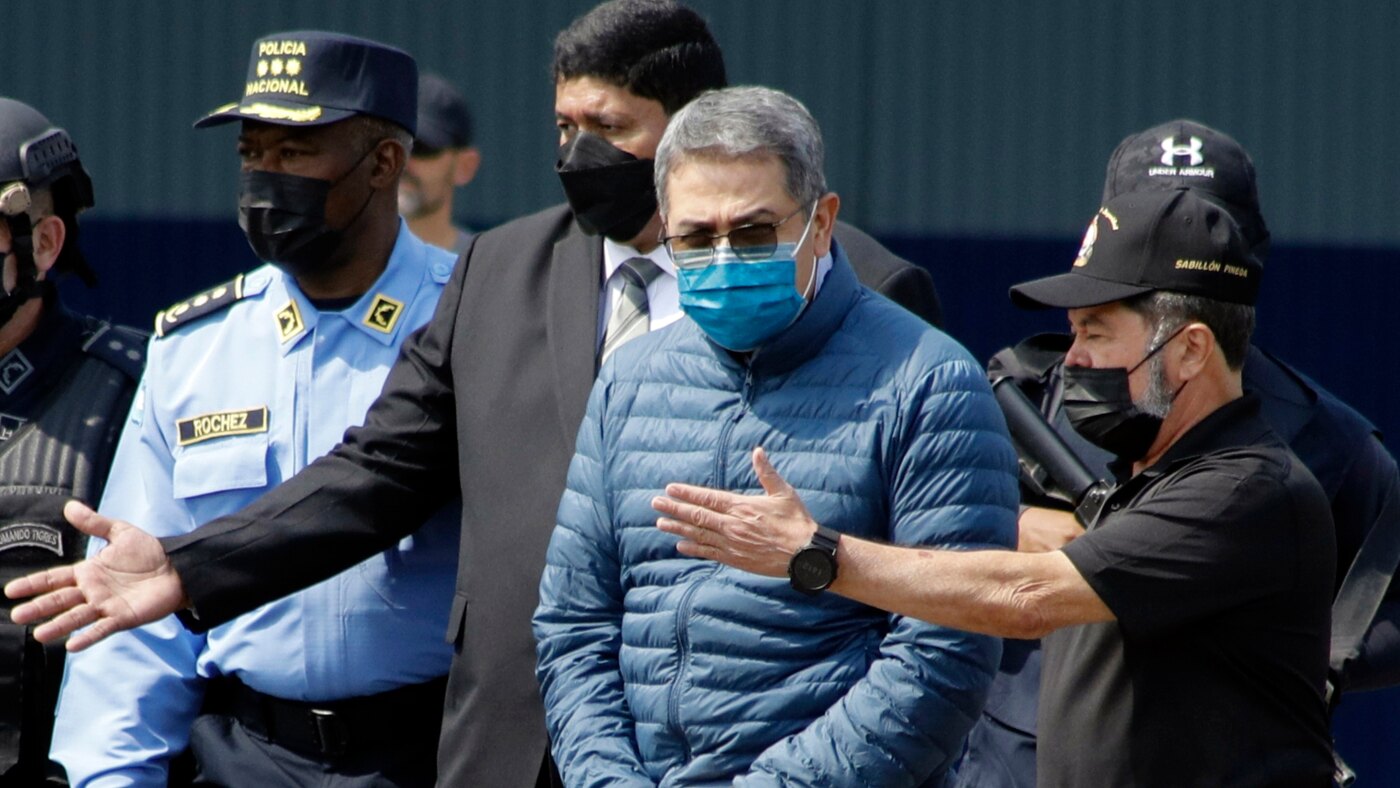The killing of Afghan journalist Abdul Ghafor Abed during cross-border clashes has sparked significant concern regarding press freedom in conflict zones. Abed, who worked as a provincial reporter for Radio Television Afghanistan (RTA), was killed on October 15, 2023, while covering confrontations between Taliban and Pakistani security forces in Khost province’s Zazai Maidan district. He was reportedly caught in the crossfire while reporting from the frontline. Another journalist, Tawab Arman, a broadcast manager from RTA, sustained injuries in the incident.
According to RTA, both journalists traveled from neighboring Paktika province to cover the escalating tensions in the area. The Taliban’s police command in Khost, represented by spokesperson Mustaghfar Grubaz, stated that the RTA journalists were specifically targeted by Pakistani forces during their reporting. The Afghanistan Free Journalists Union echoed this sentiment, asserting that the journalists were deliberately attacked.
Calls for Accountability and Investigation
The Committee to Protect Journalists (CPJ) has urged both Taliban and Pakistani authorities to conduct a thorough investigation into the circumstances surrounding Abed’s death. Beh Lih Yi, CPJ’s Asia-Pacific Director, emphasized the need for accountability, stating, “Taliban and Pakistan authorities must thoroughly investigate the circumstances of Abed’s death so that those responsible can be brought to justice.” She further noted that journalists operating in conflict zones are recognized as civilians under international law and thus deserve protection.
The incident occurred amid rising tensions along the Afghanistan-Pakistan border, where recent airstrikes and retaliatory assaults have resulted in numerous casualties among both soldiers and civilians. Reports indicate that dozens have died in the ongoing violence, which the Taliban attributes to Pakistani airstrikes initiated on October 9, 2023. The Taliban asserts that these airstrikes led to counterattacks on Pakistani military positions.
On October 11, 2023, both sides agreed to a 48-hour ceasefire, although the region remains volatile. The current climate reflects a significant deterioration in Afghanistan’s media landscape since the Taliban’s takeover in 2021, with press freedom organizations reporting numerous incidents of journalists being detained or assaulted by Taliban authorities. Crossfire incidents along the border have also resulted in fatalities among media personnel.
Implications for Journalists in Conflict Zones
Abed’s death serves as a stark reminder of the escalating risks faced by journalists reporting from hostile regions. The challenges to press freedom in Afghanistan have intensified, with many journalists forced to navigate dangerous environments while fulfilling their responsibilities. In light of this incident, both Pakistan’s Information Minister Attaullah Tarar and Taliban Deputy Spokesperson Hamdullah Fitrat have not responded to CPJ’s requests for comments regarding the situation.
The international community continues to monitor the situation closely, as the need for a free and independent press remains crucial for transparency and accountability in conflict areas. With the implications of Abed’s death still unfolding, the commitment to protecting journalists in such environments is more important than ever.






